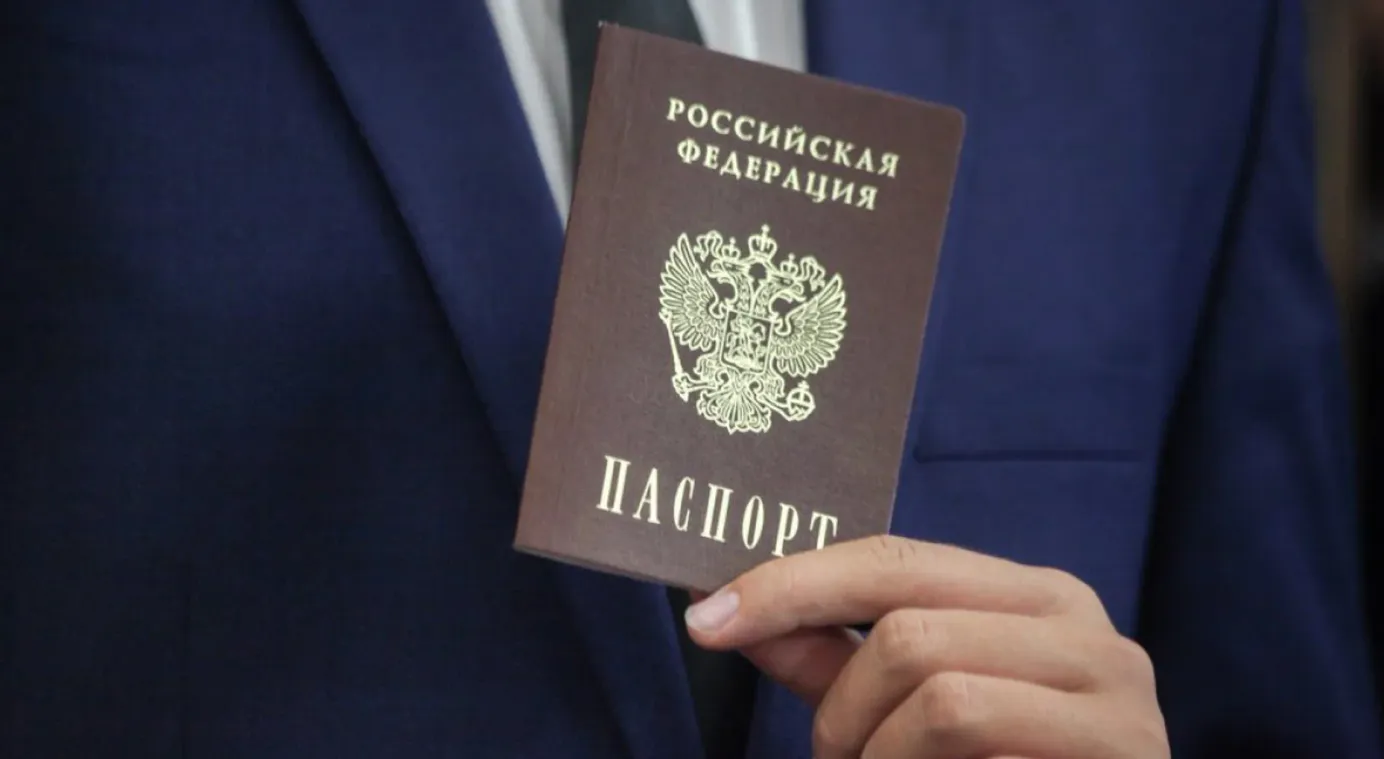
Authorities prepare to stop Boris Nadezhdin running for president
On Feb. 7, the Central Electoral Commission will rule on whether to allow Boris Nadezhdin, the only anti-war candidate in the mix, to run in March’s presidential election. Their decision is already becoming clear as the body claimed to have found significant flaws in the signatures backing Nadezhdin’s campaign. Even if he is barred from running, Nadezhdin has already had a significant political effect.
- On Monday, a working group at the Central Electoral Commission said 15% of the signatures it checked in support of Nadezhdin's candidacy were ineligible — three times the acceptable rate. While this initial assessment is not the final verdict, which is due on Feb. 7, it clearly indicates the Kremlin's intentions. Most likely, Nadezhdin will be blocked from running against Putin in next month’s contest.
- This is no surprise. Even if the Kremlin had initially wanted Nadezhdin to be on the ballot (perhaps with the aim of showing how little opposition there is to the war), the unexpected enthusiasm for his campaign has killed that plan. Last week two (1, 2) opinion polls suggested that Nadezhdin would take second place in the election, winning 8-10% of the votes. That’s significantly more than the Kremlin can tolerate a pro-peace candidate securing during wartime.
- What is a surprise is how Nadezhdin — a 60-year-old politician who spent 30 years in minor roles in Russian liberal politics — has become the main topic of the 2024 presidential election. People lined up for hours to sign papers backing his nomination. Overcoming the eternal squabbling of the Russian opposition at home and in exile, high-profile figures have publicly backed him, seemingly not discouraged by his biography (he has ties to Kremlin insider Sergei Kiriyenko), nor the fact that his attempt to run was likely initially approved by the Kremlin. Opposition politicians told their supporters that backing Nadezhdin’s campaign was a way to demonstrate an anti-war position without risking being thrown in jail — and they listened.
- Nadezhdin plans to challenge the commission’s findings and take his complaint to the Supreme Court. Of course, if the Kremlin has decided he won’t be allowed to run, none of that will change anything.
- This is not necessarily the end of Nadezhdin’s political career. Political analyst Grigory Golosov suggested that the Kremlin might be playing a longer game: Nadezhdin has now been established as a senior opposition figure. He can be targeted with some minor pressure (for instance, named a foreign agent) and encouraged to leave the country. Abroad, he can then be a useful Kremlin-linked figurehead of the Russian opposition in exile.
Why the world should care
Boris Nadezhdin's campaign was never going to end well. But it has highlighted some important aspects: namely, the willingness of Russians to express their anti-war stance in formats deemed to be safe, and the ability of the opposition to unite when a true political need arises.




